We’re excited to introduce you to the always interesting and insightful Alice Teeter. We hope you’ll enjoy our conversation with Alice below.
Alice, thanks for joining us, excited to have you contributing your stories and insights. Learning the craft is often a unique journey from every creative – we’d love to hear about your journey and if knowing what you know now, you would have done anything differently to speed up the learning process.
I began writing poetry when I was 10 years old and have written ever since then. I bought Lewis Turco’s THE BOOK OF FORMS when I was in high school and used it to refer to different forms and practice them although I have not practiced formal poetry very much in my career. I don’t believe forms are essential in poetry these days, but I believe a knowledge of them will deepen any poet’s writing. I do not know if it is a skill, but a love of words — their sounds, meanings, connotations — a playfulness about words — is essential. When I taught, the best students had been writing poetry since they were young, like I had. That doesn’t mean older people can’t be good, but it does mean that the more time one spends practicing, spending time writing, re-writing, playing with the words will only improve the writing. It’s like Malcolm Gladwell’s “10,000-hour rule” — the more time you spend the more expert you become. I think the only way to speed up the learning process is to spend all the time one can doing it. I would like to be better at formal poetry and perhaps graduate school might have helped that — having further formal training. That might be an obstacle. I haven’t wanted to spend the money it would take to go to graduate school.
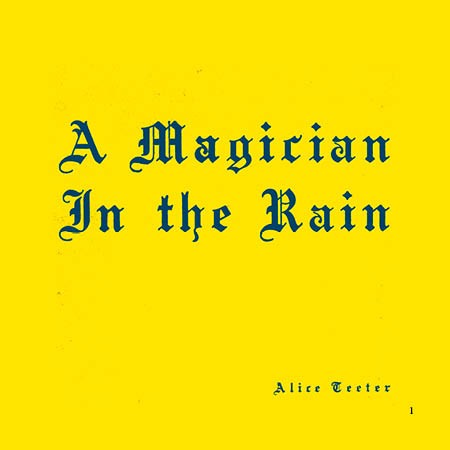
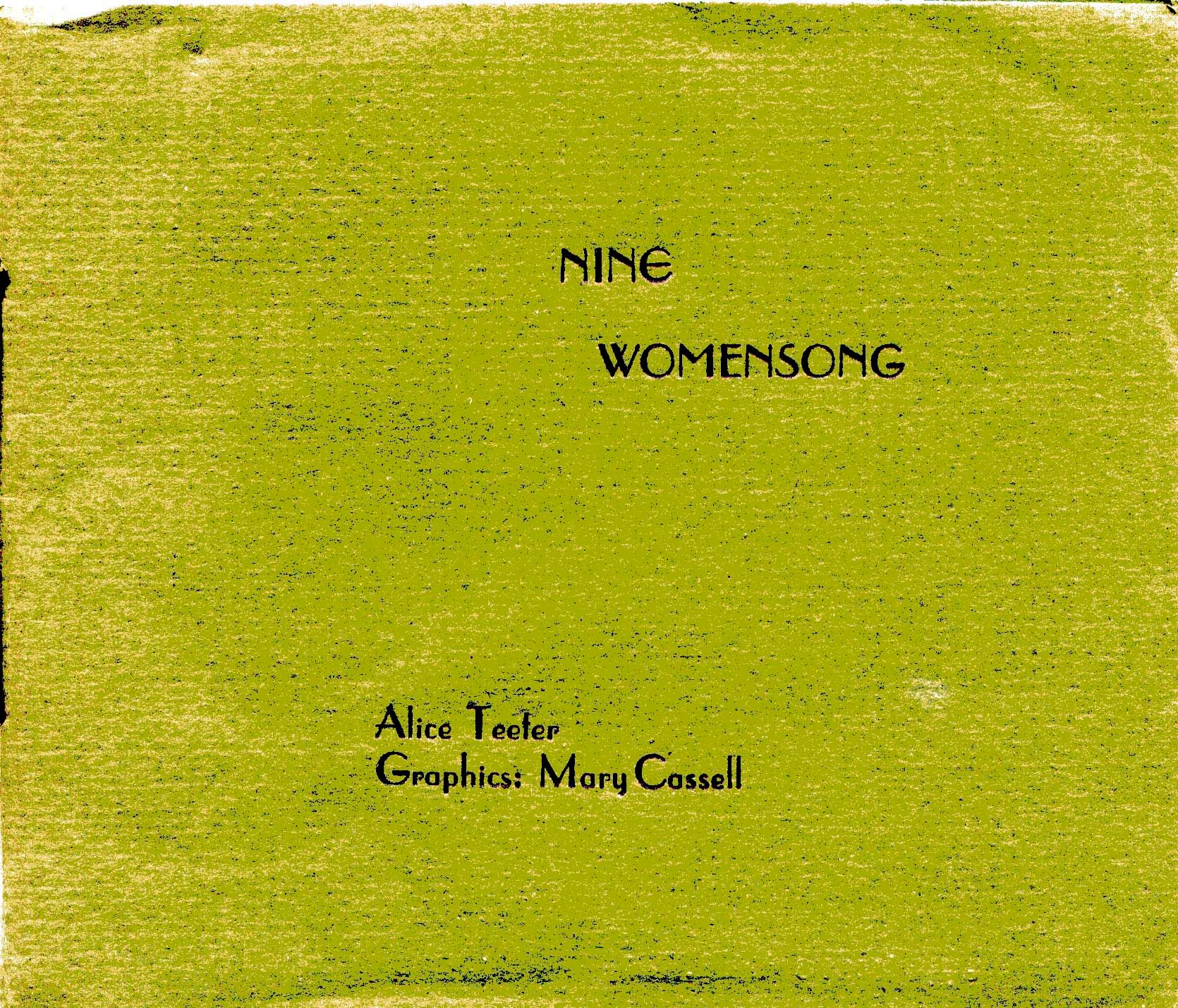
Great, appreciate you sharing that with us. Before we ask you to share more of your insights, can you take a moment to introduce yourself and how you got to where you are today to our readers.
My father published a book of my poetry when I was in high school (A MAGICIAN IN THE RAIN) and three friends of mine published a book when I was in college (20 CLASS A), but after that I didn’t submit any poems until I began sending them out around age 50. A friend told me to submit to the Georgia Poetry Society’s chapbook contest which I won and STRING THEORY was published by them in 2008. The judge had been Lewis Turco, who told me to submit to his publisher and Star Cloud Press published WHEN IT HAPPENS TO YOU… in April, 2009. Like in other artistic professions, connections are important — a combination of luck, skill, and who you know. And being willing to take the risk of sharing yourself with the world. I have taught poetry and I think I teach it in a playful way. I hate grading poetry and would prefer never to have to do that again. I hope that everyone who writes poetry feels as I do that their poetry is the best the world has ever seen.
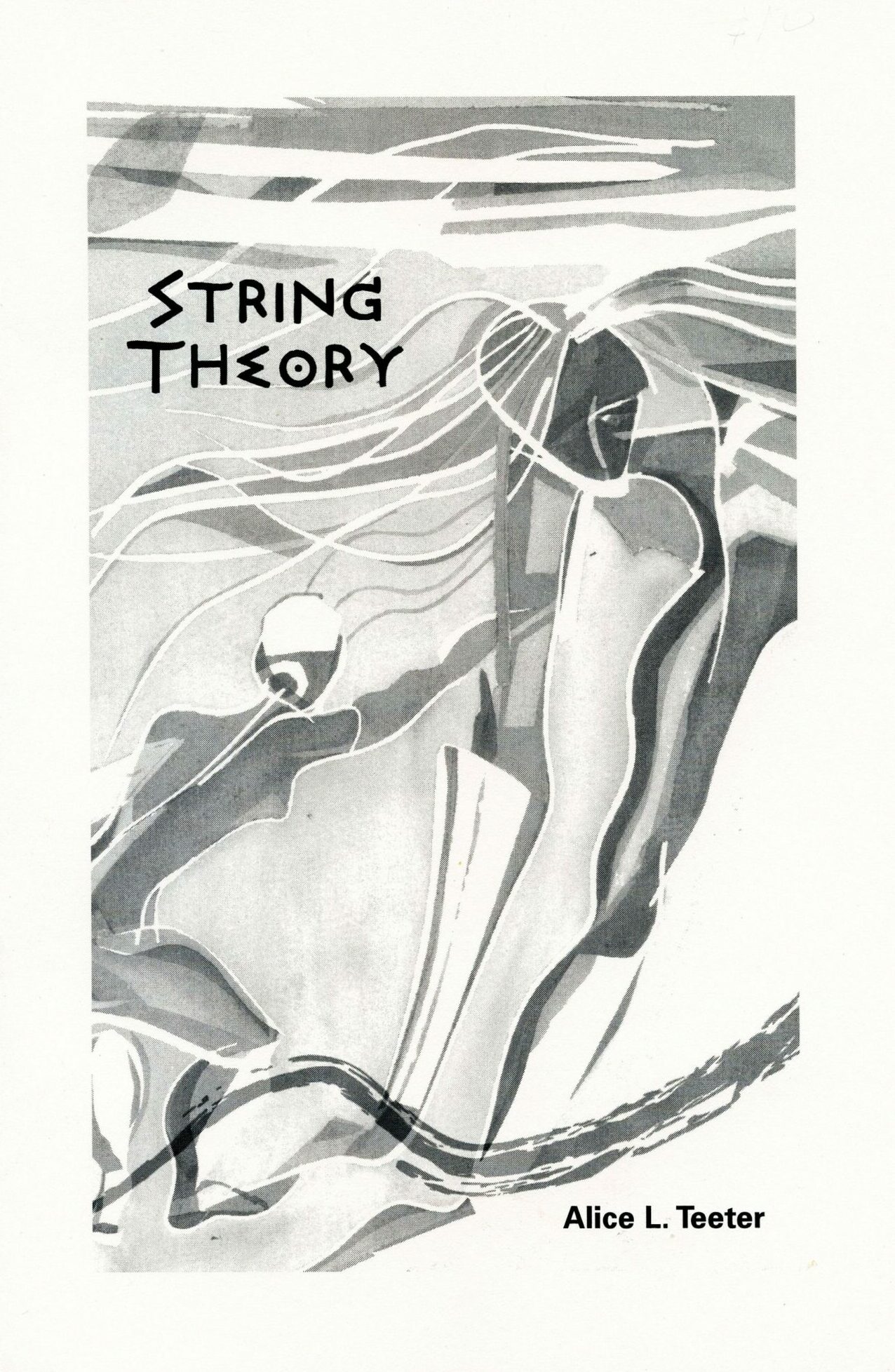

We’d love to hear a story of resilience from your journey.
I think once you are ready to put your art out into the world, you will be ready for what the world sends back to you. It is a risky proposition.
After many years, I decided to start submitting my poems for publication. A friend recommended I submit a chapbook (a shorter collection of poems) to the Georgia Poetry Society Charles B. Dickson Chapbook Contest. I did and won! In addition to winning, the judge was Lewis B. Turco, a poet I had known about and whose BOOK OF FORMS I had bought and used in high school. It was wonderful and also like a divinity had blessed my work.
Then the man who was to shepherd my book STRING THEORY to publication through the Society (which was to be my prize for winning) took a dislike to me. I refused his edits and his treatment of me led me to contact Mr. Turco who said he would take his name off the contest if any of my poems were changed. The man then photocopied my book, folded it, stapled it, and mailed it to my press release with a huge photo of me on the cover instead of the cover I had chosen. I kept pushing and got the correct book printed. Afterwards, Mr. Turco suggested I add more poems to the collection and send them to his publisher. I did so and it led to the publication of the longer poetry book WHEN IT HAPPENS TO YOU.
I often think of that story where a man’s son breaks his leg and people say “what bad luck” and the man says “maybe, maybe not” and then the army comes through conscripting young men and they leave his son because of the broken leg.

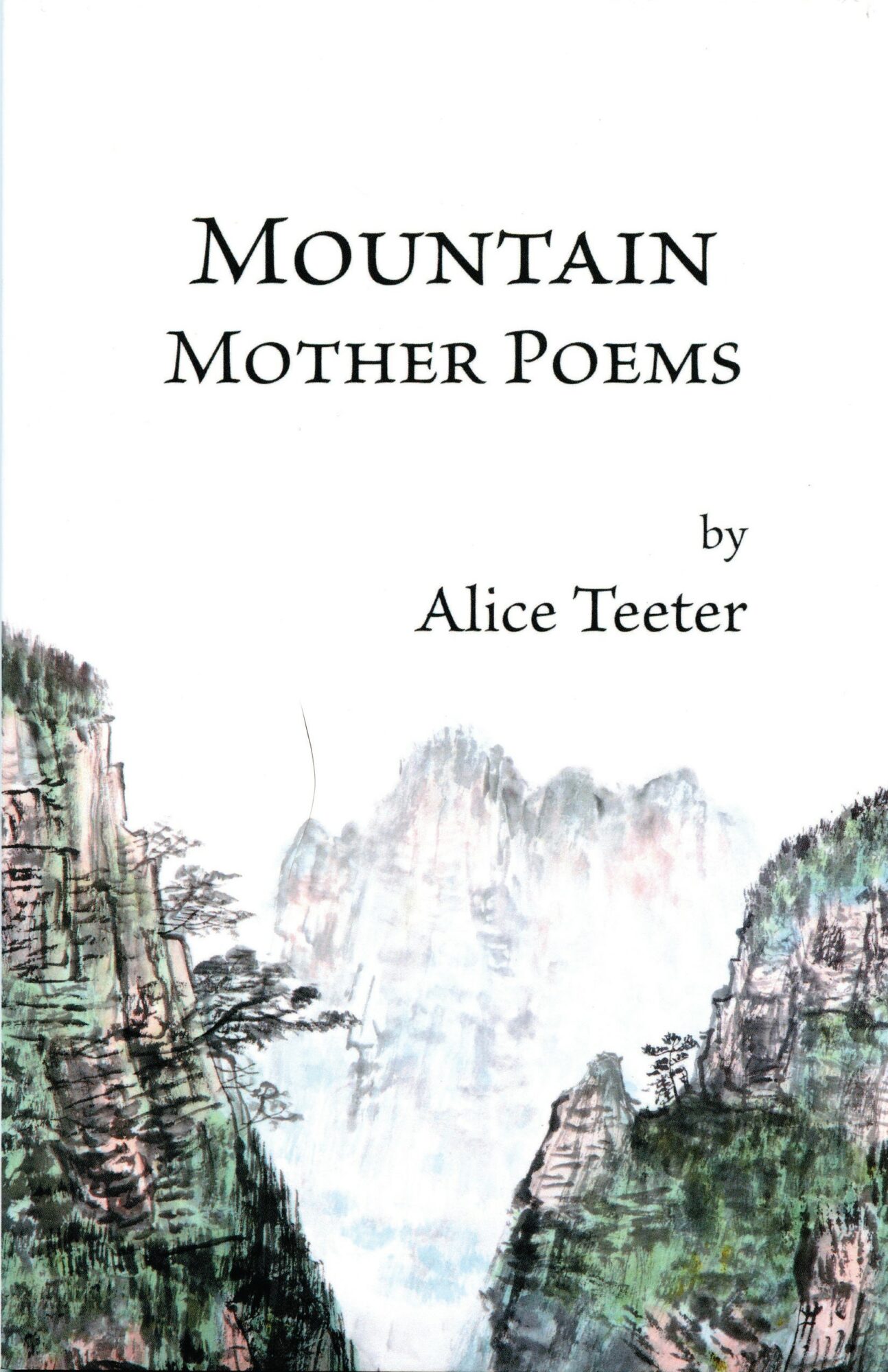
What can society do to ensure an environment that’s helpful to artists and creatives?
Pay for art, buy art, poetry books, music, go to plays, go to small live venues where music or performance art or plays are performed. Support local artists and musicians. Buy local for art like you do for food. I don’t know if this is true, but I often think that years ago before I was born — before radio, television, internet — lots more people played music or wrote poetry or painted — we had to entertain ourselves where we were with those people we were with.
Contact Info:
- Website: https://alice-teeter-poetry.square.site
- Instagram: teeteralice
- Facebook: https://www.facebook.com/AliceTeeterPoetry/
- Linkedin: Alice Teeter
- Twitter: @TeeterAlice
- Youtube: @TEETERAL00

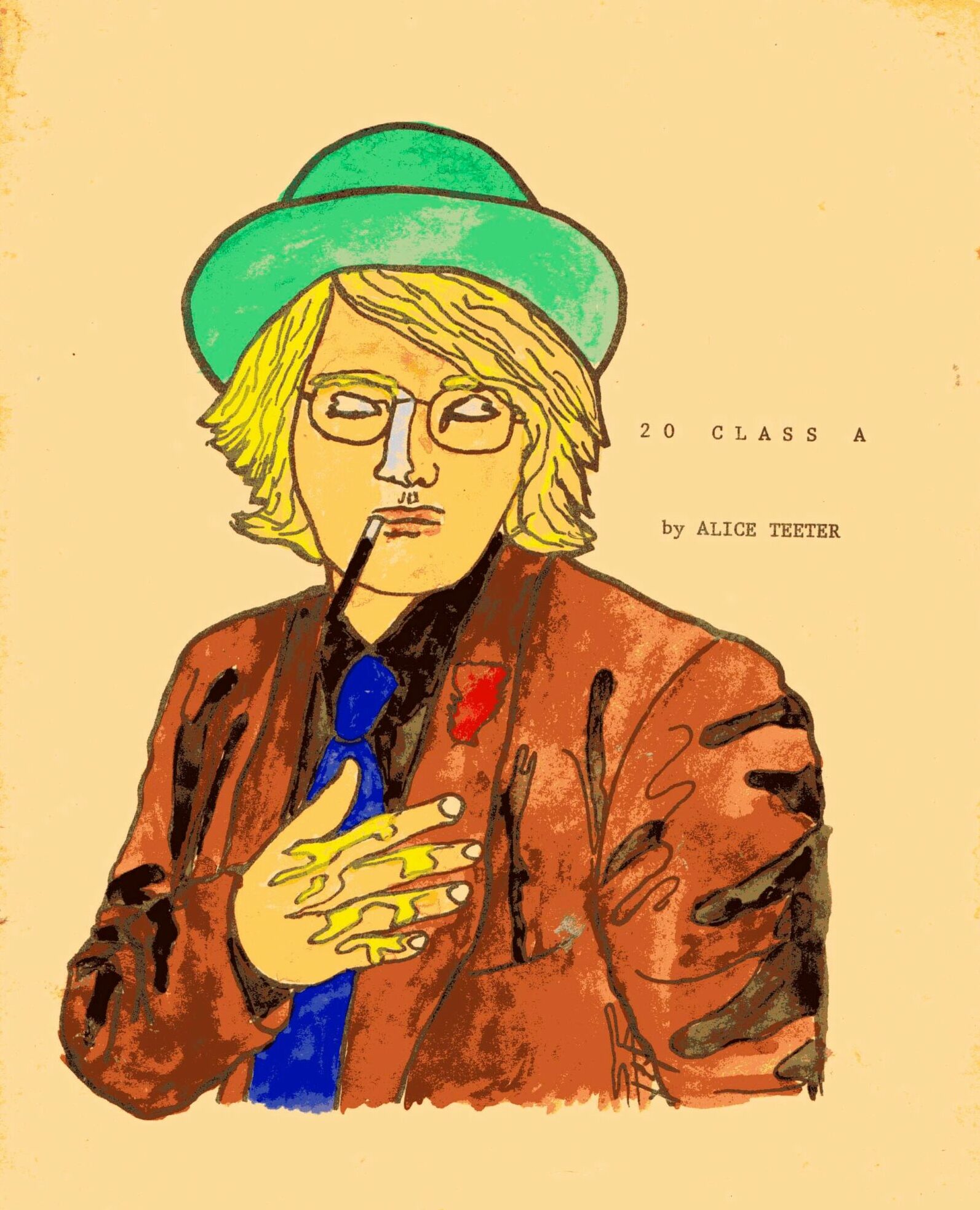
Image Credits
Image Credits: Jayne Cobb for STRING THEORY, Trisha Hadley for WHEN IT HAPPENS TO YOU, Mariusz Prusaczyk for ELEPHANT GIRLS, Shao-Chun Wang for MOUNTAIN MOTHER POEMS, and Elizaveta Karandaeva for HERE, AT THE END


